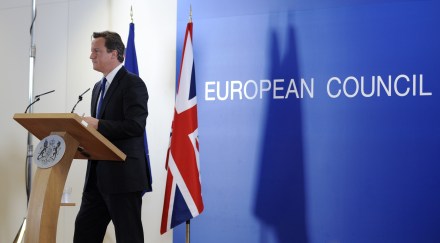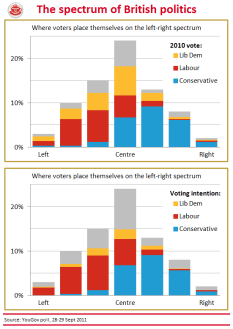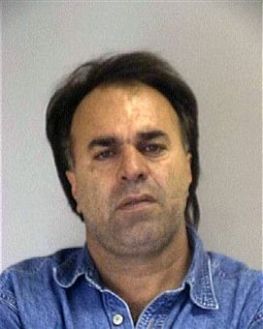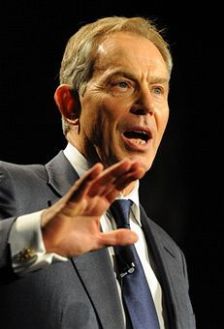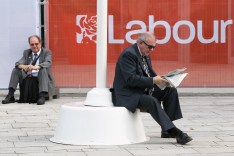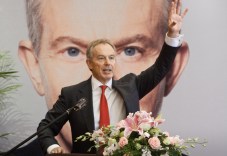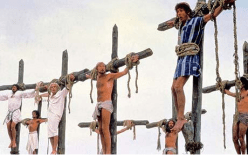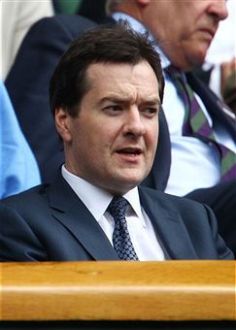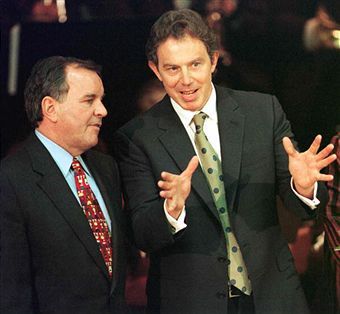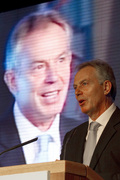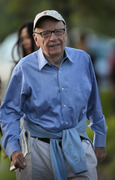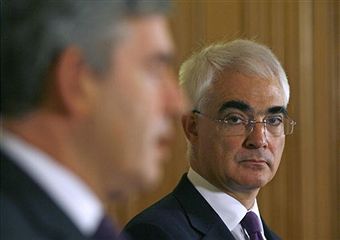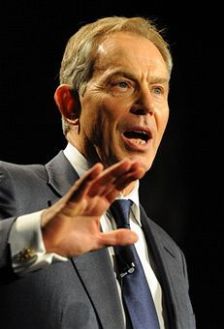Your scorecard for today’s EU referendum vote
I hope you adjusted your calendars accordingly, CoffeeHousers. The parliamentary debate and vote on an EU referendum starts at 1600 today — and what morbid fun it promises to be too. Fresh from being bawled out by Nicolas Sarkozy at the weekend, David Cameron is returning to London to be bawled out by a significant proportion of his own party. And while the Tory leadership is certain to defeat David Nuttall’s Eurosceptic motion, it will not avoid being wounded in the process. Most of the wounds have already been self-inflicted. By way of a scorecard for the coming bloodsport, I’d recommend that you read the two posts by parliamentary experts
